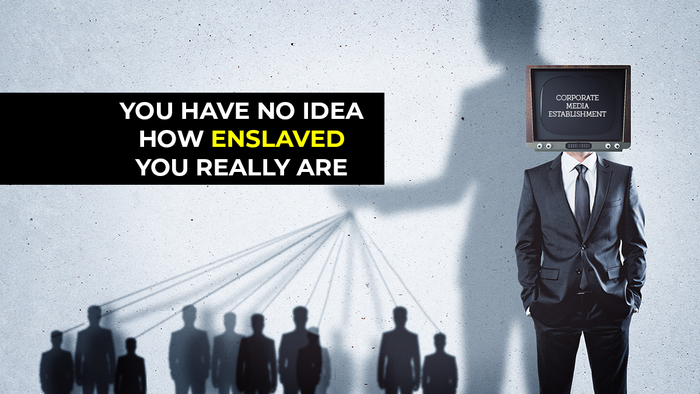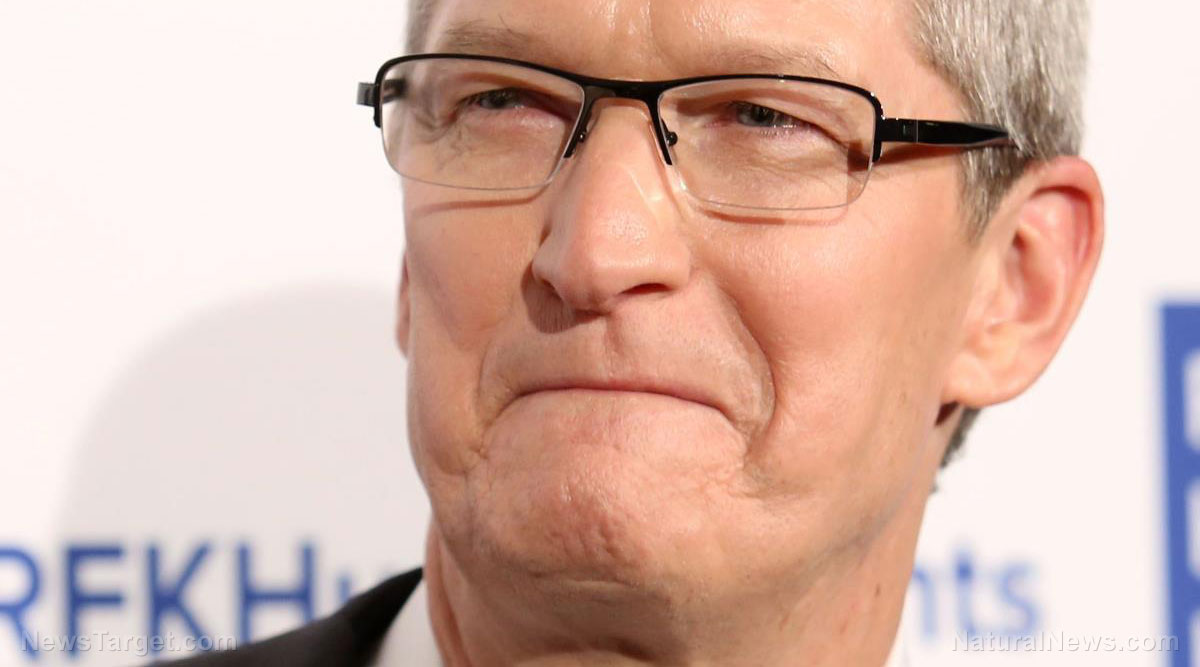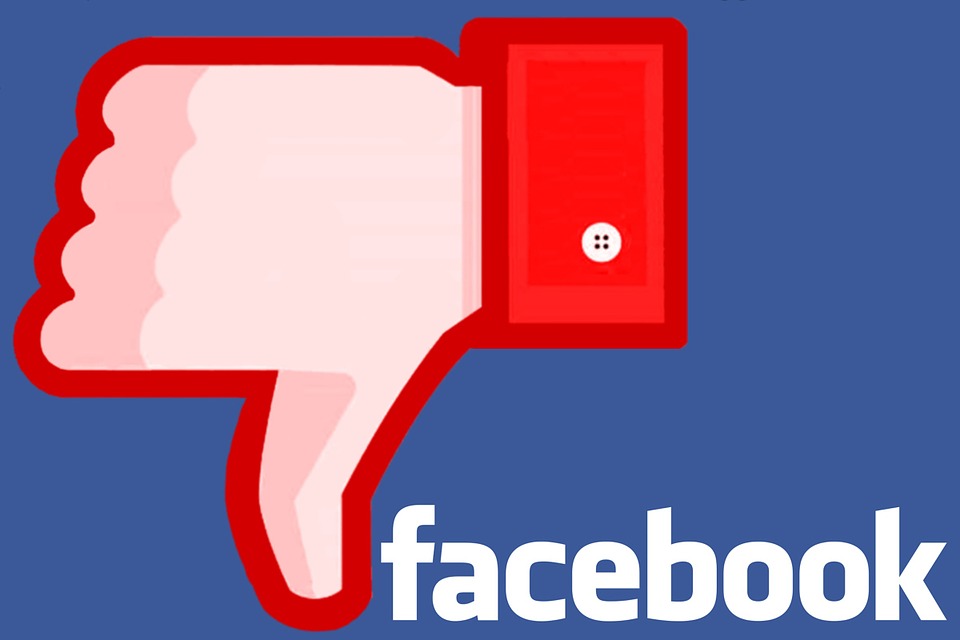Trust in technology sector dips around the world
04/20/2021 / By Nolan Barton

A global survey by the Edelman Trust Barometer has found that trust in the tech sector fell around the world last year. The survey is a special tech edition of data collected for the annual trust barometer. It involved 31,000 people in 27 countries.
Overall tech’s trust rating hit all-time lows in 17 of the 27 countries, including the U.S., U.K., France, China, Japan, Thailand, Brazil and Mexico, with data coming from comparable Edelman surveys since 2012. The tech sector included companies specializing in clean technology, artificial intelligence, virtual reality, 5G and the internet of things.
The Edelman survey found that favorable views of the tech sector globally dropped six points overall to 70 on a scale of 100. According to news site Axios, this is still ahead of other sectors of the business world, but represents a significant decline from prior years and comes as trust in corporations overall has risen.
In the U.S., trust in the tech sector fell by nine points to an all-time low of 57, putting it basically in the middle of the pack of industries – behind healthcare, retail and manufacturing but ahead of the energy, automotive and financial services sectors.
A high trust rating from the public has helped protect the tech industry from critics and regulators in the past, but that shield has apparently weakened.
Tech fell from the “most trusted” sector in the U.S. last year to ninth in the latest survey – behind food and beverage, health, transportation, education, consumer packaged goods, professional services, manufacturing and retail.
The study found that 52 percent of the people surveyed, including 50 percent in the U.S., fear that automation or other innovations will take their jobs.
Globally, trust in AI companies and internet-of-things businesses fell in 25 of 27 countries; trust in clean-tech firms fell in 23 of 27 countries; trust in the VR industry fell in 22 of 27 countries and trust in the 5G sector fell in 21 of 27 countries.
Edelman said the main reason for the trust fall is the increasingly “complicated” relationship between the public and technology. Some of the factors are the spread of misinformation, the rising privacy alarm and the bias in artificial intelligence.
Spread of misinformation is Big Tech’s specialty
The spread of misinformation is usually associated with Big Tech. Just recently, Facebook’s Mark Zuckerberg, Twitter’s Jack Dorsey, and Google’s Sundar Pichai appeared virtually before the House Energy and Commerce Committee for a hearing centered on misinformation. (Related: Matt Gaetz: ‘Congress not going to rein in Big Tech, Congress owned by Big Tech.’)
It was the first time the executives took questions from lawmakers since the riot at the U.S. Capitol on Jan. 6 and since the widespread rollout of the COVID-19 vaccine began.
Pennsylvania Rep. Mike Doyle asked all three executives whether they bore responsibility for the attack on the Capitol on Jan. 6.
Nearly half of rioters charged in federal court allegedly used social media to post photos, live streams and other evidence of their involvement, according to a review of charging documents by George Washington University‘s Program on Extremism.
Dorsey was the only executive who said yes, with the caveat that tech companies are not solely to blame.
The CEOs were also reluctant to admit fault on issues like teenage depression, political polarization and vaccine misinformation. Instead, they highlighted their policies, how much they spend on monitoring their platforms and how much rule-breaking content they’ve removed.
Lawmakers’ frustration boiled over several times as they repeatedly tried to get the CEOs to answer “yes or no” questions.
“I think it’s irritating all of us,” said California Rep. Anna Eshoo. “No one seems to know the word ‘yes’ or the word ‘no.’ Which one is it? If you don’t want to answer, just say ‘I don’t want to answer.'”
When lawmakers pressed the companies about how their advertising-based business models and automated recommendation systems may be amplifying misleading content, the executives rejected the idea that they benefit from harmful posts.
“If we woke up tomorrow and decided to stop moderating content, we’d end up with a service very few people or advertisers would want to use,” Dorsey said. “Ultimately, we’re running a business, and a business wants to grow the number of customers it serves.”
Zuckerberg said the content on Facebook reflects problems in broader society.
“The reality is our country is deeply divided right now, and that isn’t something that tech companies alone can fix,” he said.
Federal mandates to regulate Big Tech are coming
Much of the hearing focused on Big Tech’s business models, which often reward inflammatory or misleading content. A recently released NPR analysis found that articles falsely connecting vaccines and death have been among the most highly-engaged-with content on the platforms this year.
“It is now painfully clear that neither the market nor social pressure will force these companies to take the aggressive action they need to take to eliminate this information and extremism from their platforms,” said New Jersey Rep. Frank Pallone. “Your business model itself has become the problem, and the time for self-regulation is over.”
The tech leaders knew federal mandates are coming. They’re now trying to make sure those mandates don’t interfere too much with the way they do business.
Dorsey warned that only the richest, largest platforms may be able to employ staff large enough to meet standards if they are imposed, which could hurt competition.
Pichai said he has seen “good proposals around transparency and accountability” in some of the proposed reforms, but didn’t endorse specific changes.
Zuckerberg said big platforms should be more transparent about how they deal with content that breaks the law, but he added that those private companies shouldn’t be “arbiters of truth.”
Follow TechGiants.news for more news and information related to Big Tech companies.
Sources include:
Tagged Under: artificial intelligence, Big Tech, Capitol riot, Edelman Trust Barometer, Facebook, Google, Jack Dorsey, mark zuckerberg, Sundar Pichai, Twitter, Virtual reality
RECENT NEWS & ARTICLES
COPYRIGHT © 2017 TECHNOCRATS.NEWS
All content posted on this site is protected under Free Speech. Technocrats.news is not responsible for content written by contributing authors. The information on this site is provided for educational and entertainment purposes only. It is not intended as a substitute for professional advice of any kind. Technocrats.news assumes no responsibility for the use or misuse of this material. All trademarks, registered trademarks and service marks mentioned on this site are the property of their respective owners.





















